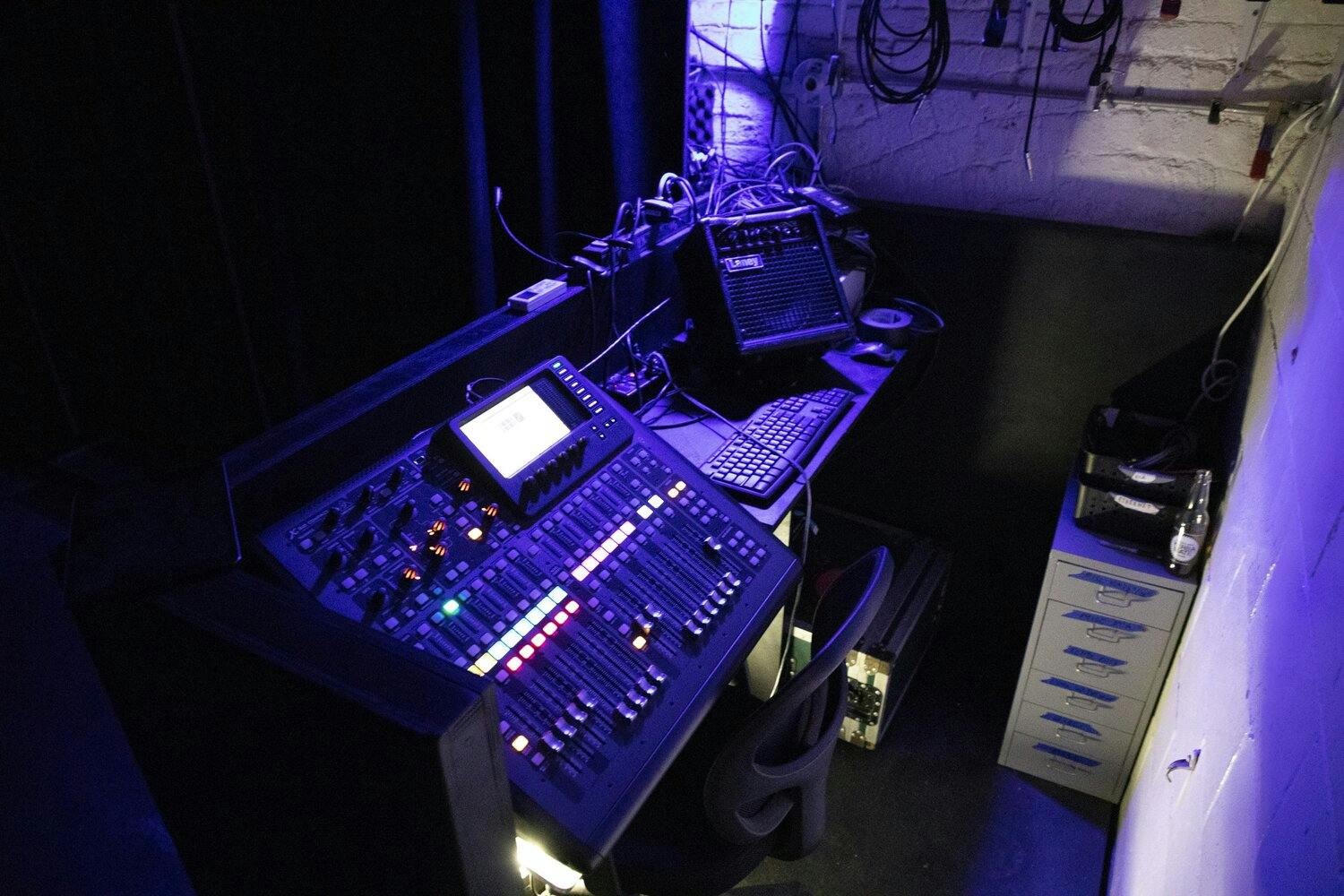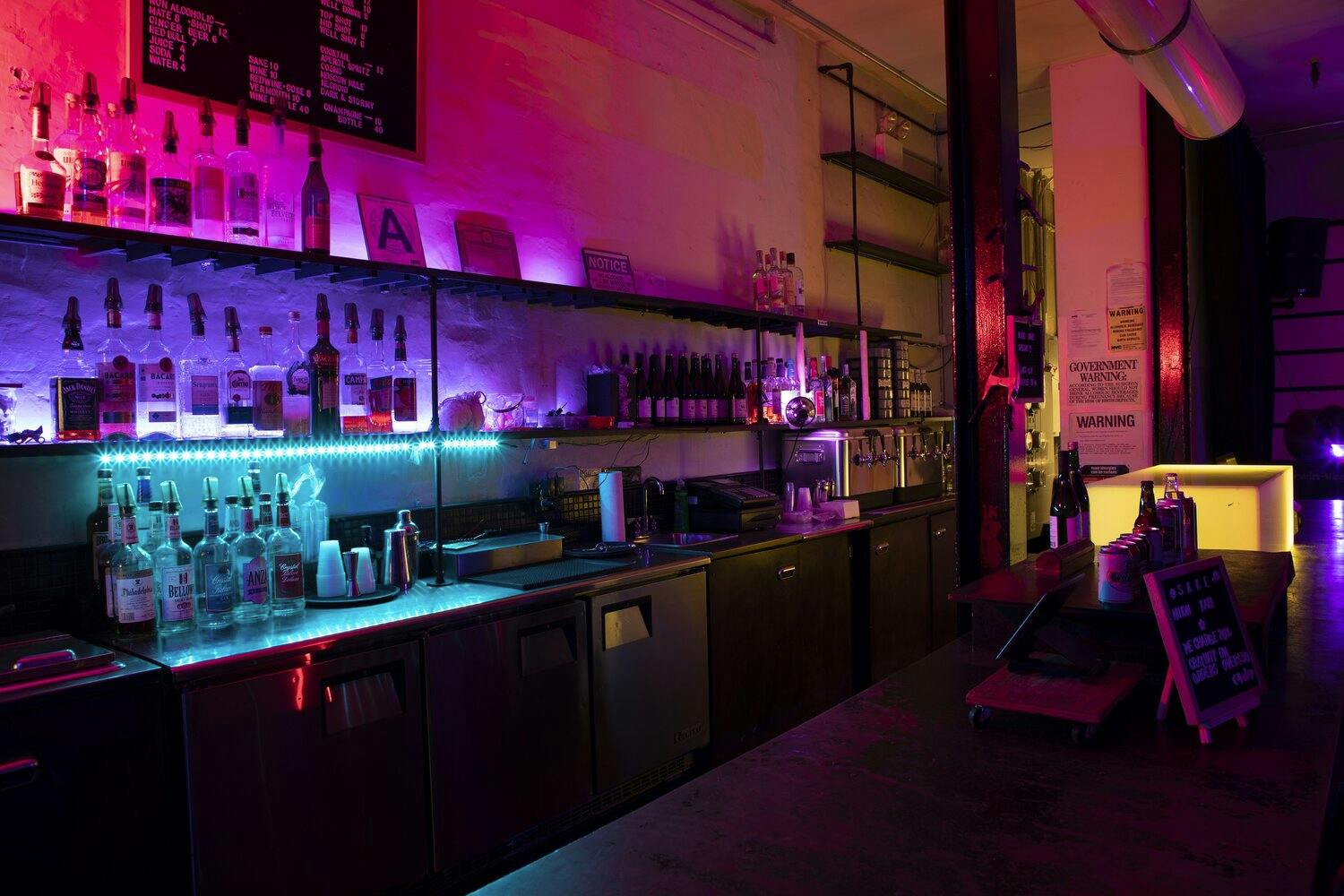Sam Hillmer was only 14 years old when he put on his first gig in his hometown of Washington DC. He even had his mum working on the door. As a teenager, he’d become engrossed in the DC punk scene, and the ethos of that world became a huge inspiration to him. “Self-organization was a really big part of the social vocabulary”, says Hillmer. “We appropriated spaces for the purpose of DIY shows; places like houses, churches, and community centres. Any space could be a space where a show could happen. That was something that was in my consciousness from an early age.”
When Hillmer moved to New York to study at the Manhattan School of Music in the mid-90s, he discovered a different kind of scene. “It was fairly foreboding”, he explains. “New York has changed a lot in the last 25 years, but back then it was really hard to break in. In the early days of trying to get up on the scene, I was doing a lot of self-organising. My interest is in the street, people trying to break in. I like the energy of an even playing field. I was in Zs and I was running Wet Ink, and just organizing DIY shows and events in New York for us and our friends.”

